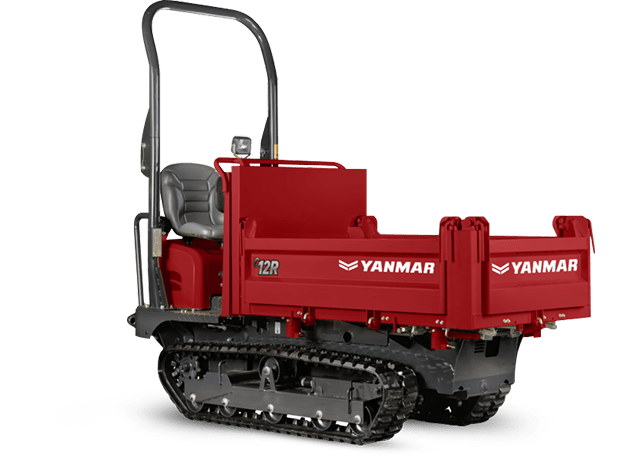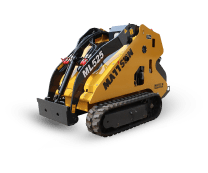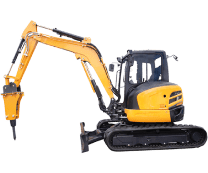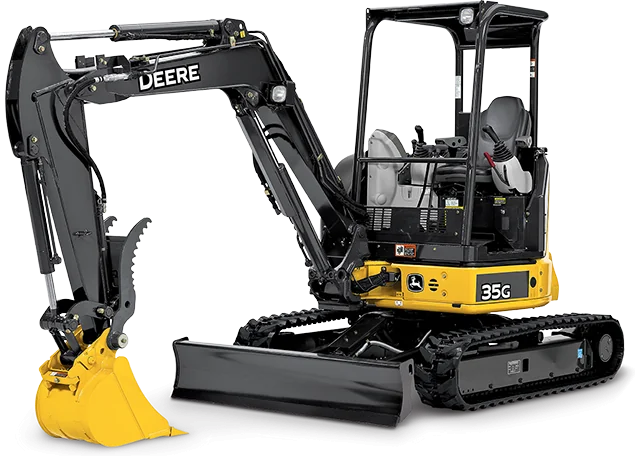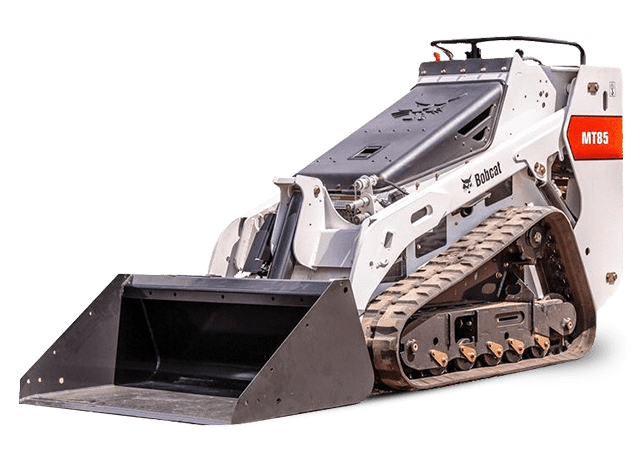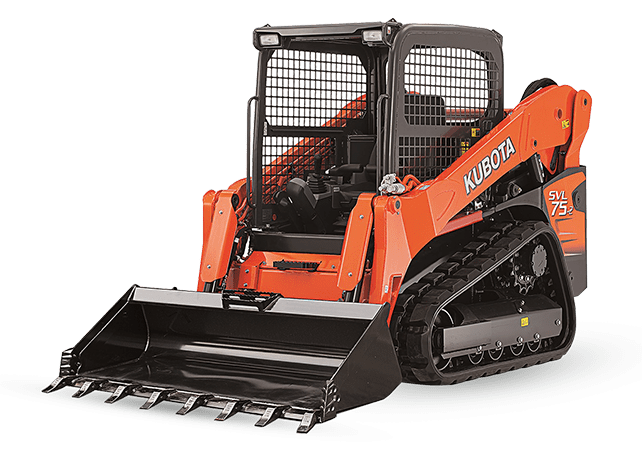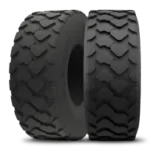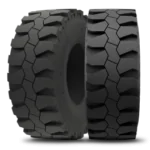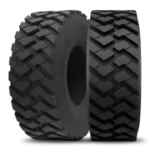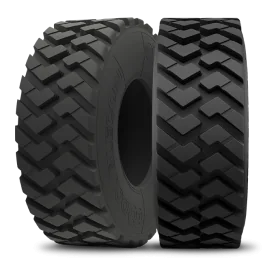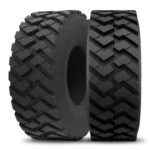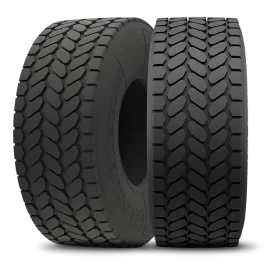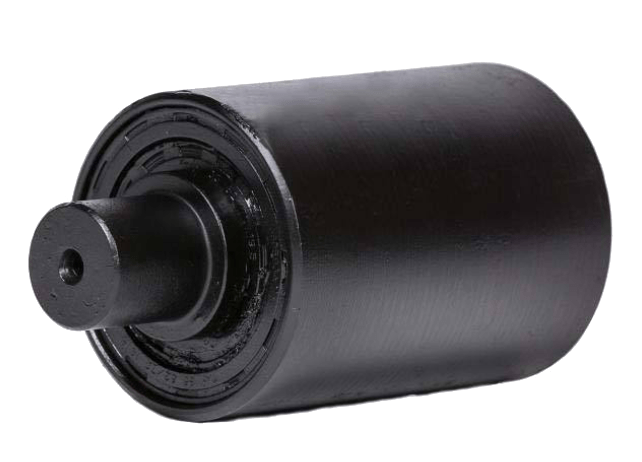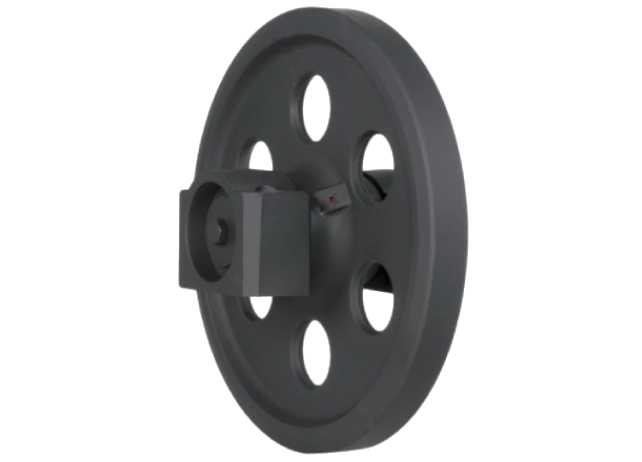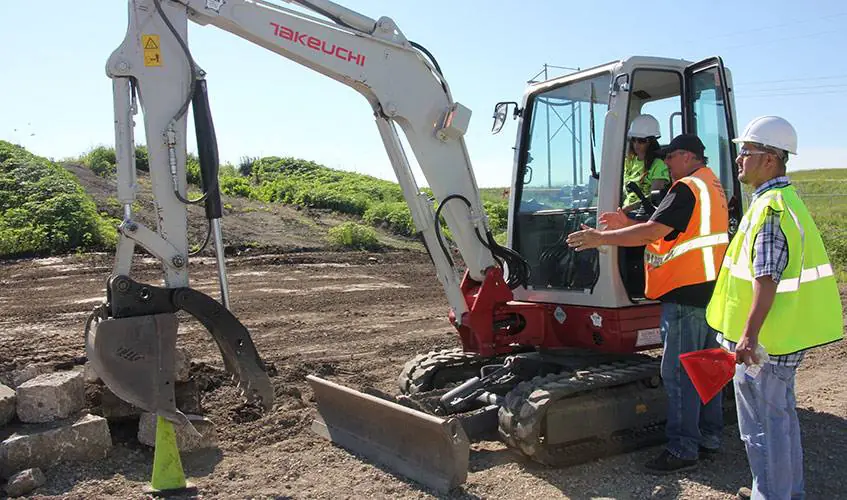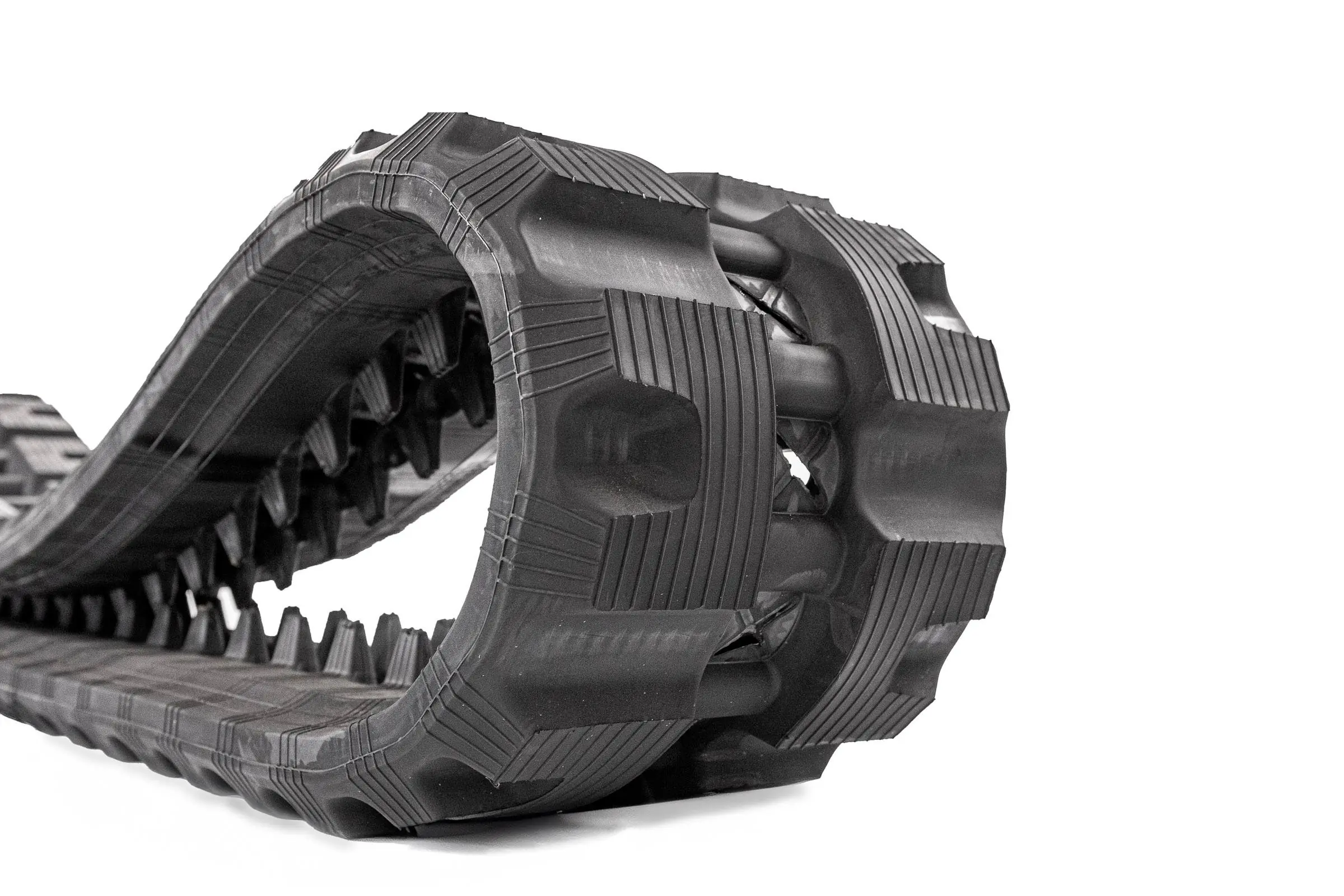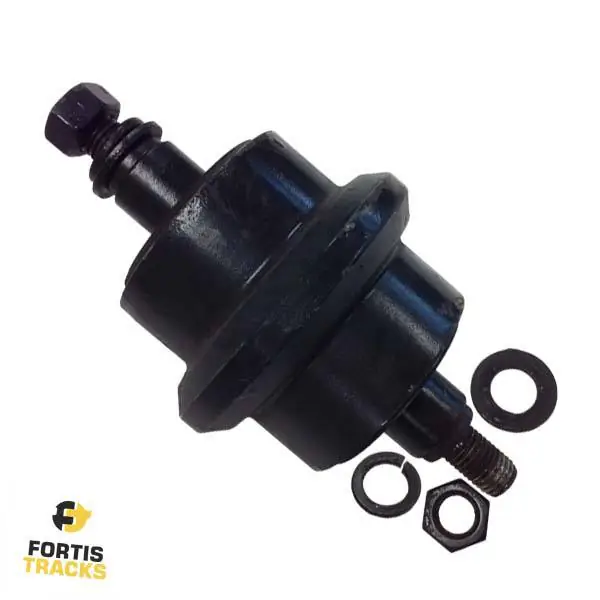If you want to join the military and learn how to fly these days your options are dwindling because the Defence Department is in the process of transitioning to drone technology as we speak.
If, however, you’ve ever gazed at a construction site and thought you’d like to be the person operating that backhoe, excavator or skid steer loader you’re in luck. Heavy equipment operators are in great demand and not in danger of being made obsolete by robotics any time soon.
Table of Content
A Challenging, Good Paying Career
As of 2018 the average heavy equipment operator in the US makes more than $43,000 a year with experienced operators making substantially more. That’s essentially the same as a police officer makes and when you add benefits and the perks of working outdoors in an always challenging environment it’s easy to see why so many people today want to become heavy equipment operators.
How to Become a Heavy Equipment Operator
Heavy equipment operators are hard at work as you read this on thousands of construction sites around the country. Without them the modern world as we know simply wouldn’t exist. They’re typically the first workers to arrive on the site and some of the last to leave the site once the job is done. But how do you get your foot in the door on this exciting and rewarding career? Training and experience.
Here are the steps most people will need to take to become a heavy equipment operator.
Step 1: Research – Before you commit to a heavy equipment operator training program you’ll want to do some research on the various types of equipment as well as the duties associated with each and the available training. Once you have a clearer idea of exactly which type of heavy equipment you’d like to learn to operator you can take the next step.
Step 2: Finding the Right Program – There are any number of options available when it comes to selecting a training program for heavy equipment. Vocational schools are a good source of training and even some community colleges offer the chance to learn how operate heavy equipment. Just make sure the program you choose offers hands-on training and not simply training from the manual or training regarding the technical aspects of the machinery.
Step 3: Apprenticeship – Those who are coming to the world of heavy equipment from an unrelated field may need to serve an apprenticeship to ensure they are ready to handle heavy equipment on their own in a real world setting. Apprenticeships typically include 2,000 hours of practical hands on training and additional instruction of varying lengths.
Step 4: Find a job – The number of heavy equipment operator jobs in the US is expected to grow by at least 10% over the next decade and with the current administration talking about a $1 trillion infrastructure improvement program for the county the number could be significantly higher. While the construction industry can be susceptible to fluctuations in the economy heavy equipment operators are often some of the last to be let go and the first to be rehired.
The Best Heavy Equipment Training Schools in the US
There are more places to receive heavy equipment training than we can possibly list here. So what we’re going to do instead is provide a list of those instructional facilities that are typically rated as the best by industry groups and operators themselves.
International Union of Operating Engineers
The IUOE operates a number of heavy equipment operator training centres and are serious about providing top-of-the-line instruction in both the technical and practical aspects of operating heavy equipment. They spend in excess of $110 million annually to provide state of the art training and many regard their programs as the best, most comprehensive available. The also offer a full range of apprenticeship programs as well as programs where veteran operators can hone their skills on the latest generation of equipment.
ATS Heavy Equipment Operator Training
ATS or Associated Training Services offers a full range of heavy equipment operator instruction programs. ATS training takes a number of forms including plenty of hands on instruction where you have a chance to operate the actual equipment in a variety of situations designed to mimic real world jobsites. This hands on approach is augmented by classroom instruction that covers an array of related topics including how to read a grade, soil conditions, maintenance, using laser levels, safety and more.
Heavy Equipment Colleges of America
HECA offers a wide variety of hands on courses that immerse you in all aspects of heavy equipment operation and maintenance. HECA has campuses in Georgia, California, Oklahoma, Tennessee, Washington and North Carolina. They’re known for the quality of their training and the outstanding support they give to their graduates, especially those transitioning from the military to the civilian workforce.
The Best Way to Choose a Heavy Equipment Training School
As we stated earlier it’s important that any heavy equipment training program offer hands on training and not just classroom training or training on simulators. Beyond that however you’ll also want to keep the following considerations up front when looking for the right training facility:
Any facility offering heavy equipment instruction should be accredited to provide instruction in this regard by the state and, preferably, by an industry organization such as the National Centre for Construction Education and Research.
- Make sure the training facility provides not only hands on experience, but hands on experience with the latest equipment, not holdovers from the 1970s they salvaged from a liquidation sale.
- You may also want to check whether the training facility offers Commercial Driver’s License training since some states require a CDL to operate certain kinds of heavy equipment.
Heavy equipment operator training will provide you with skills that will last a lifetime in a growing field with typically outstanding pay. If you’ve always wanted to be the one pulling the levers on that front end loader at the construction site now is the time to do something about it.

